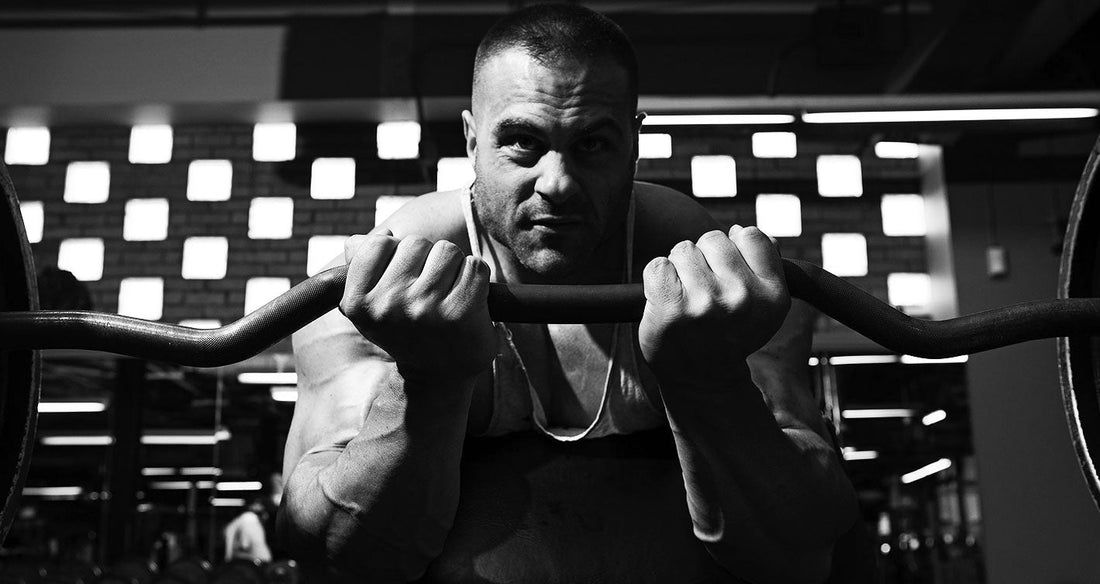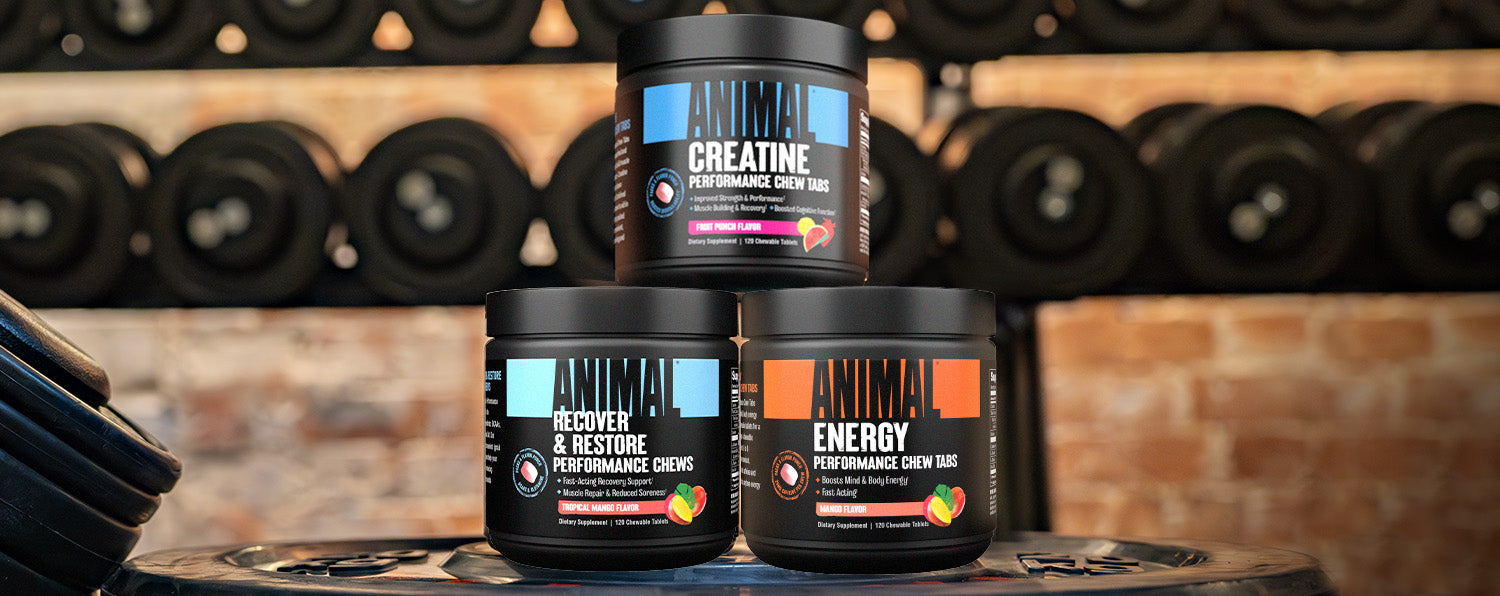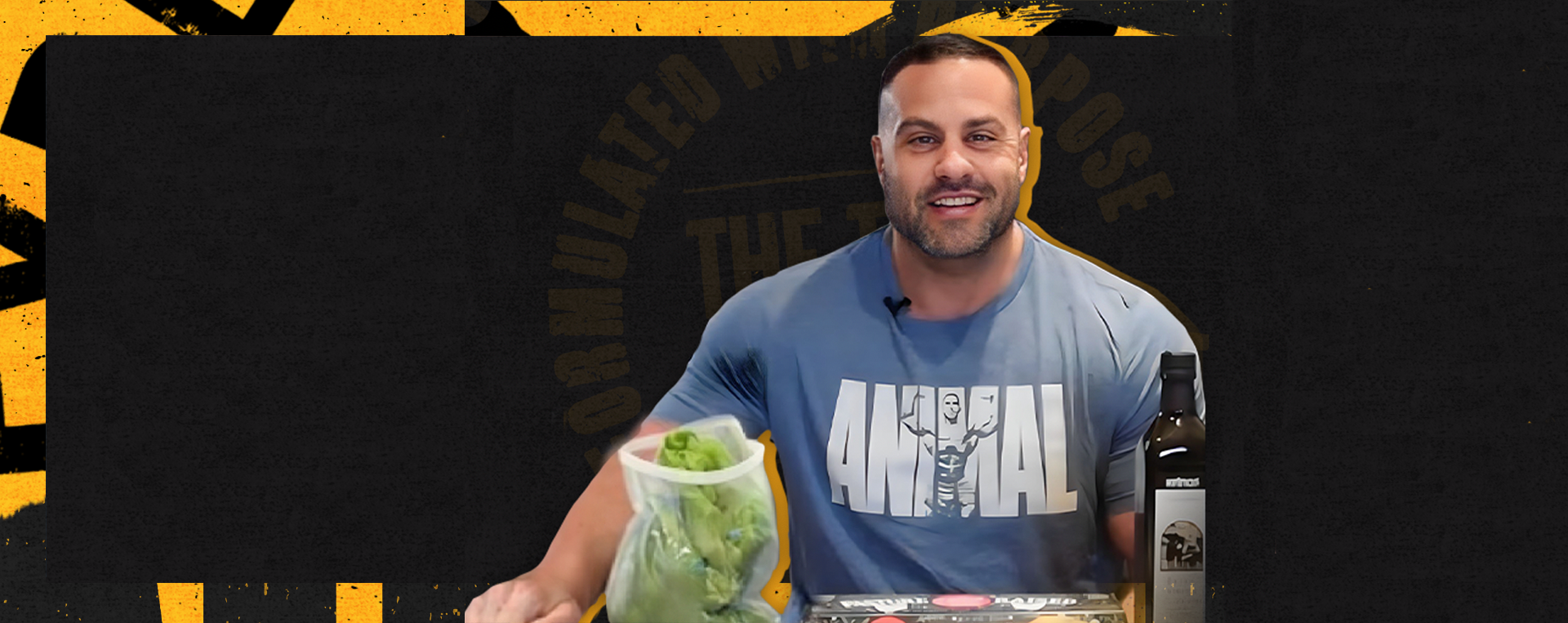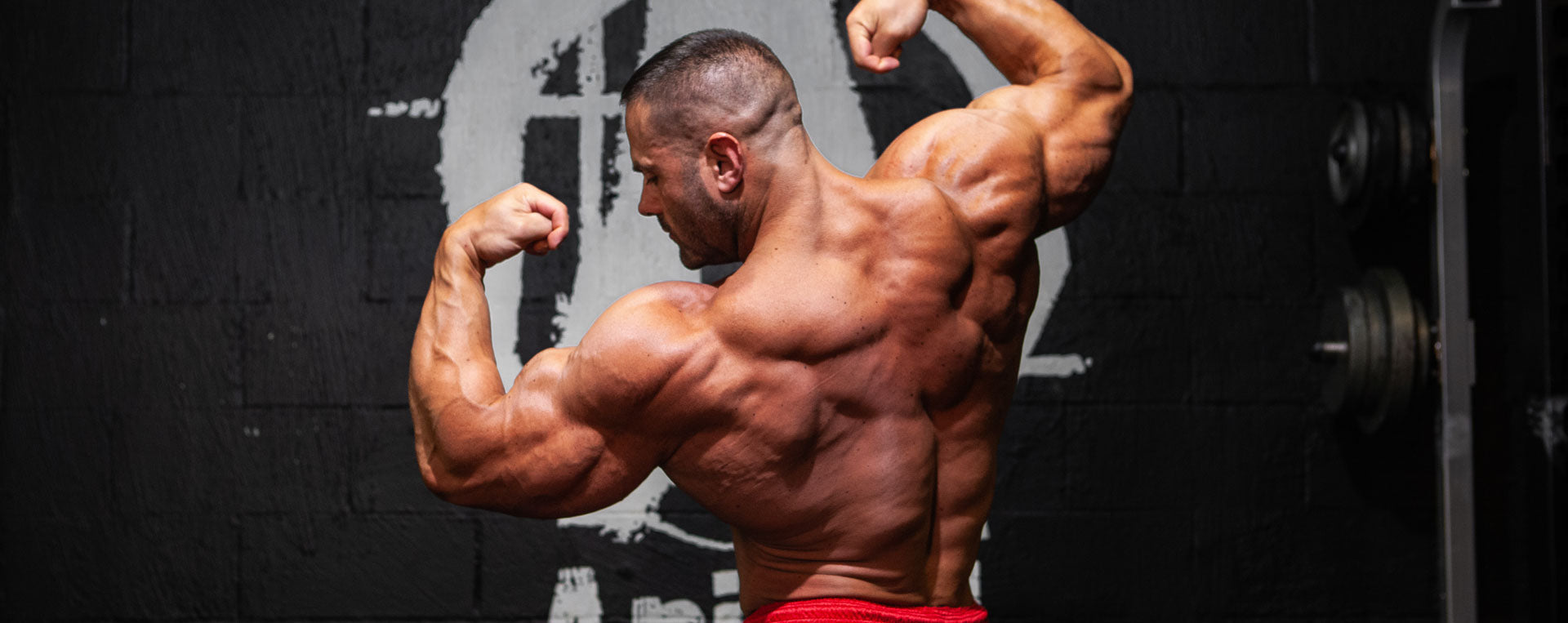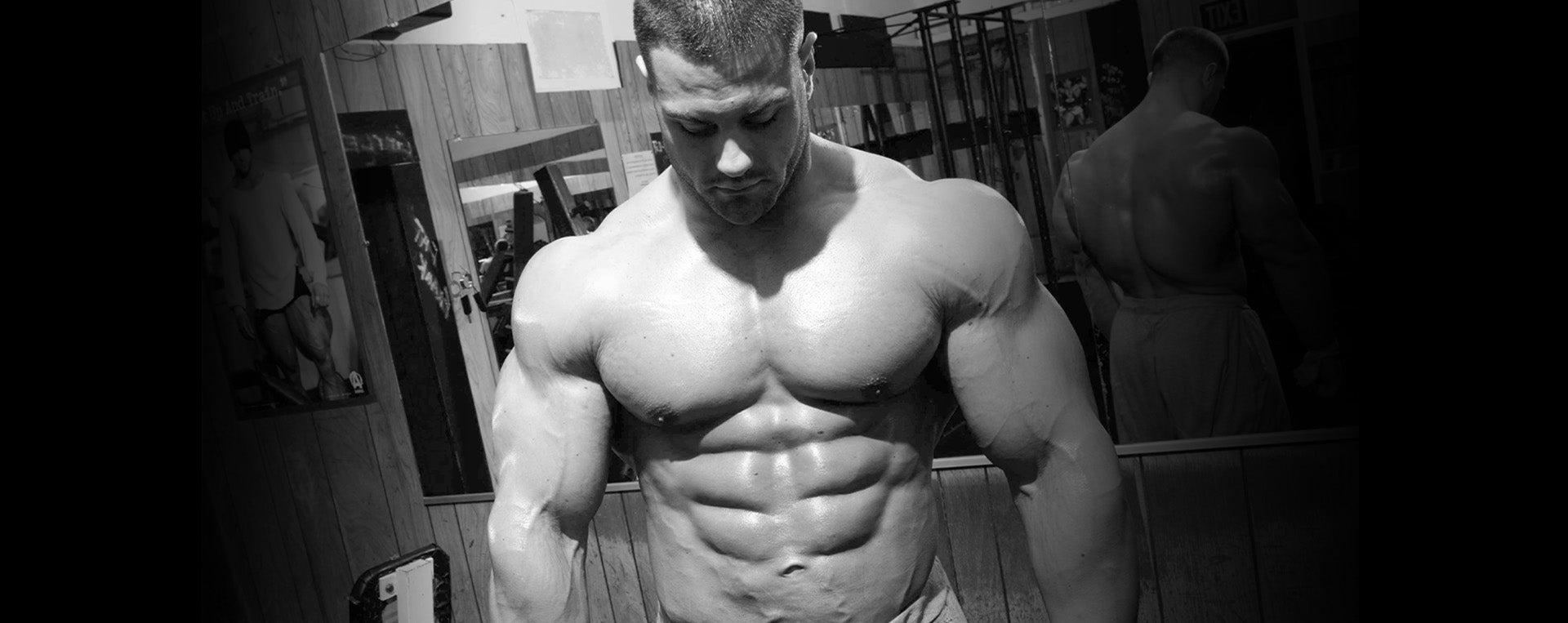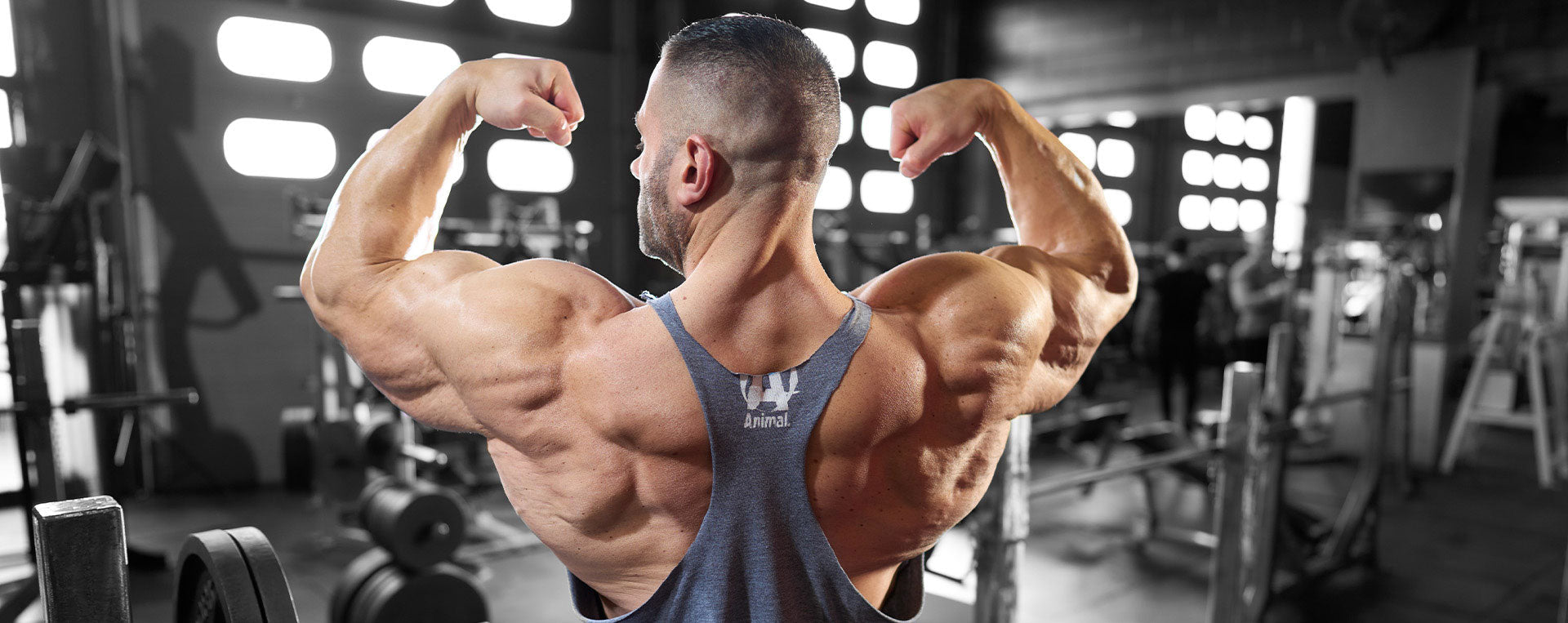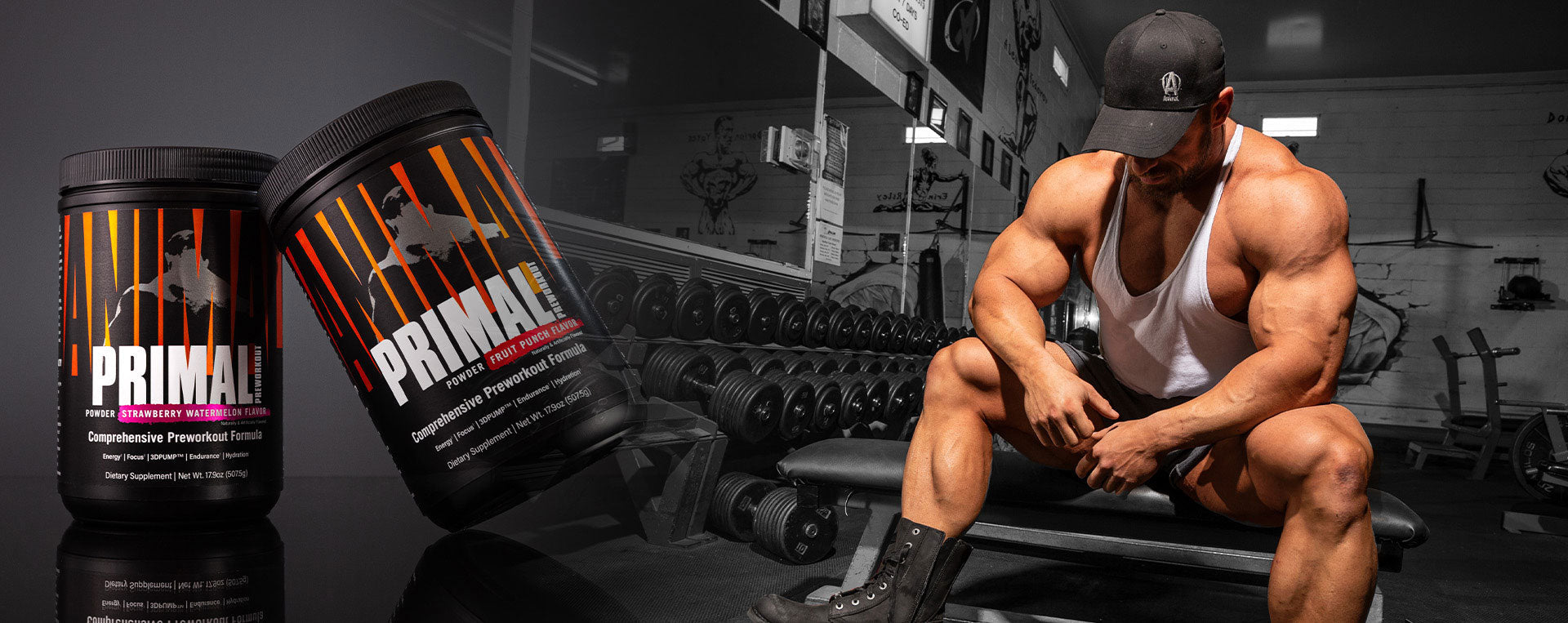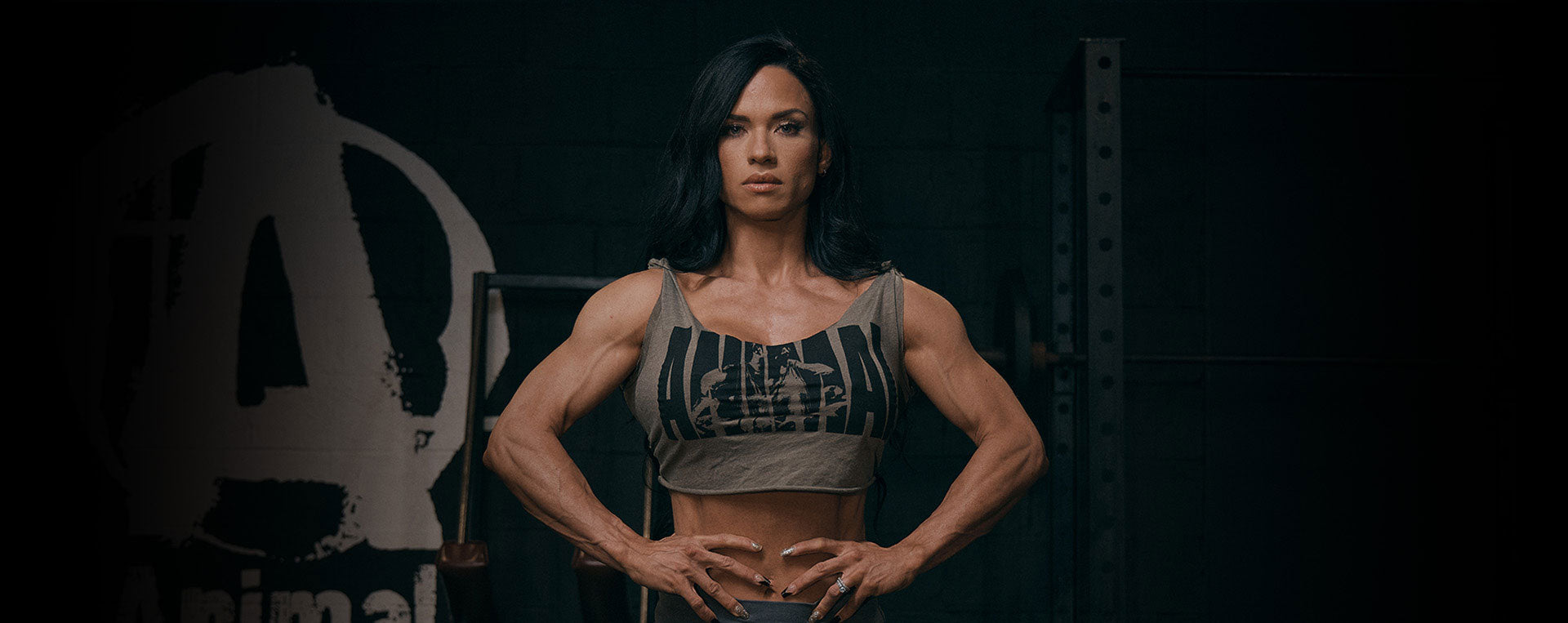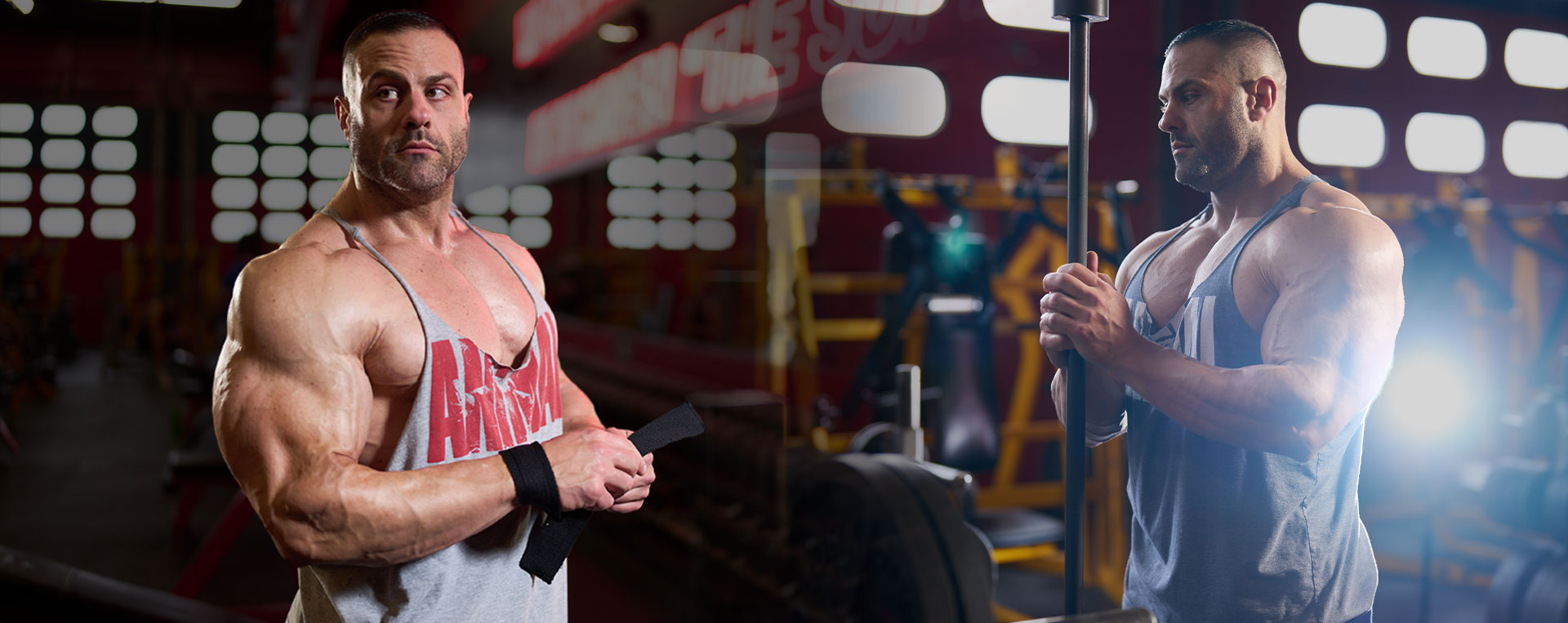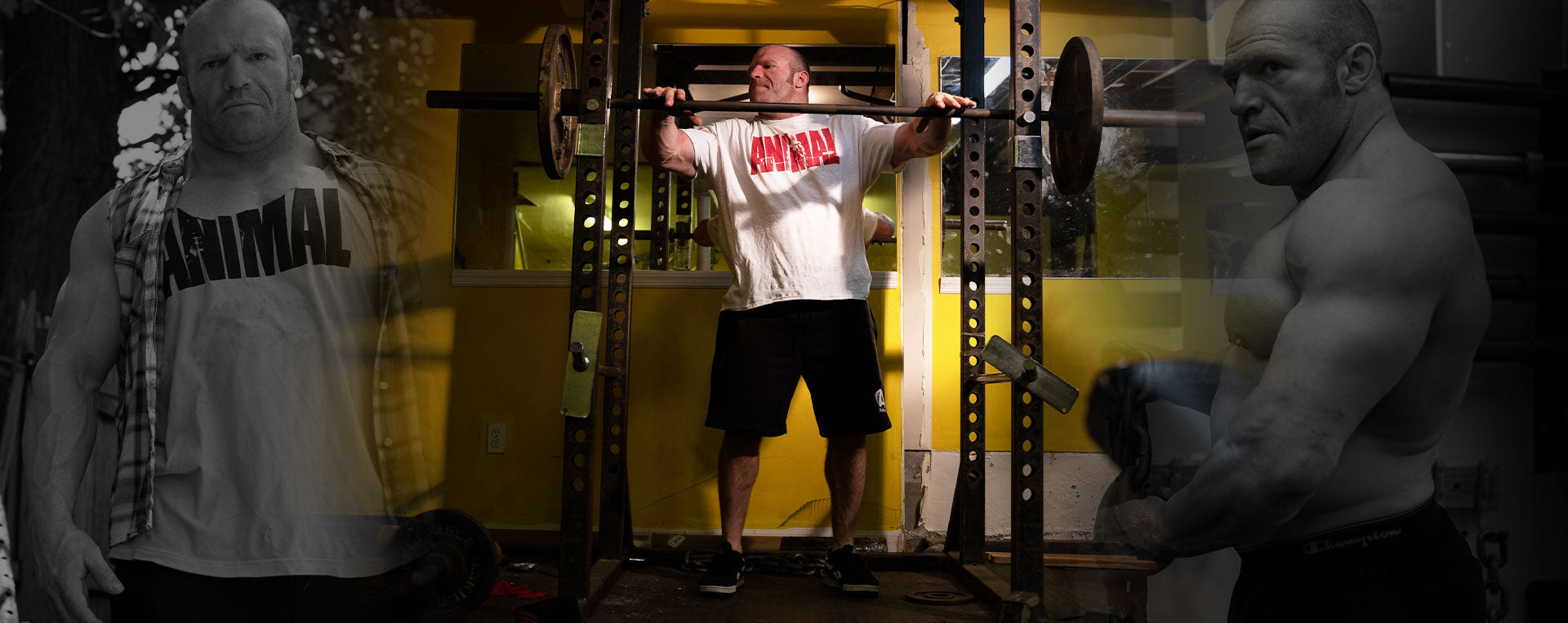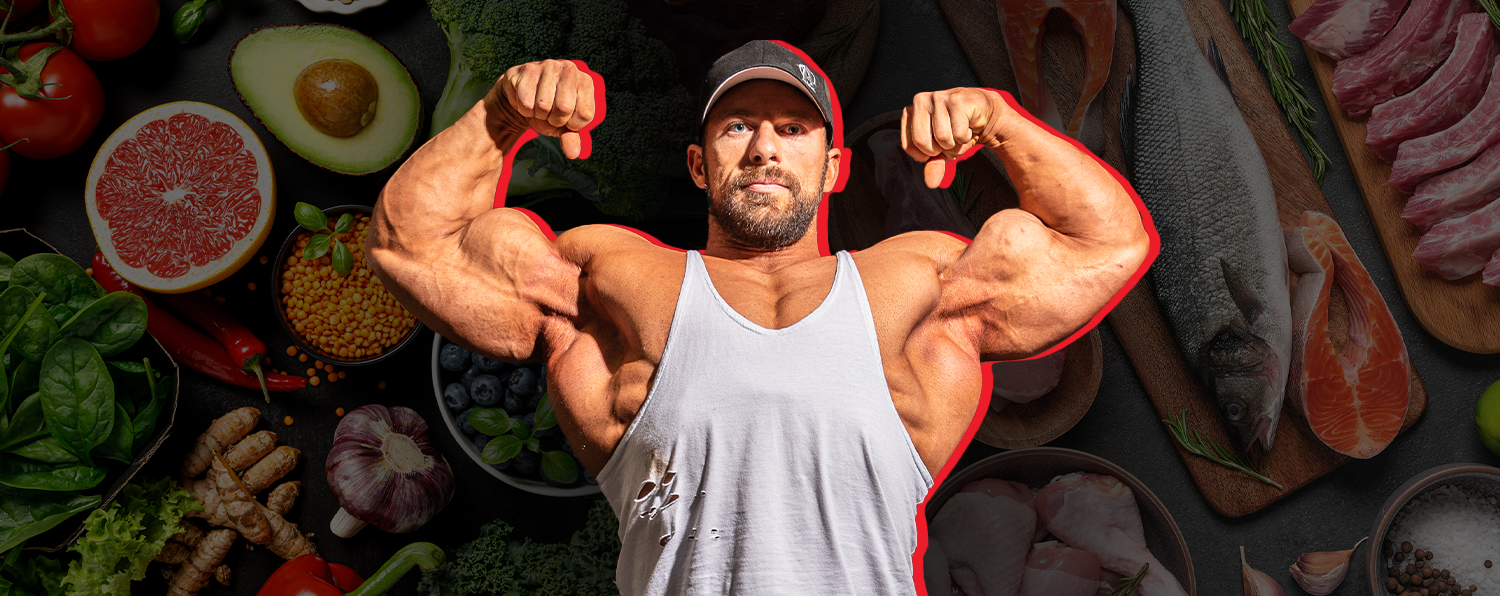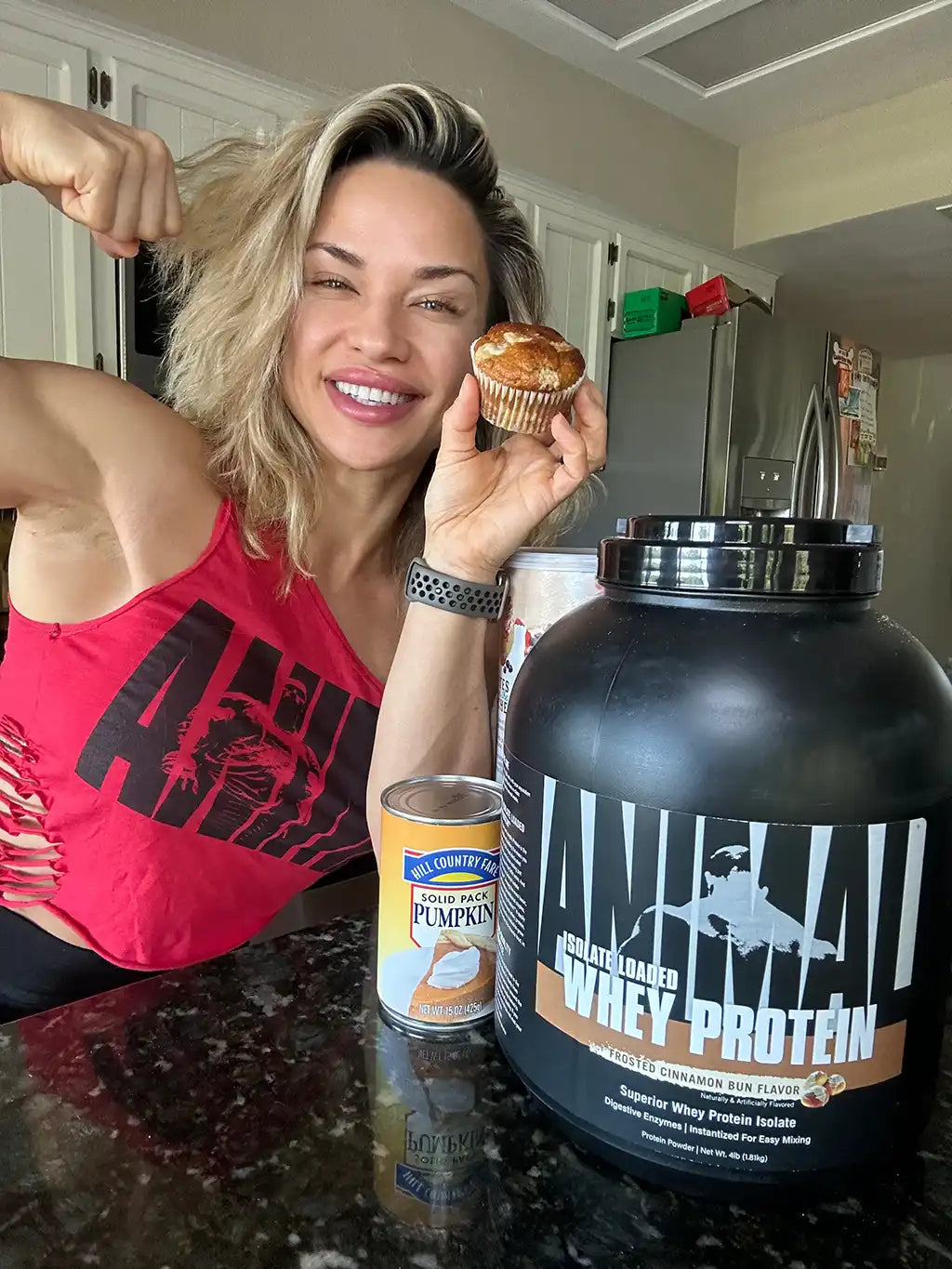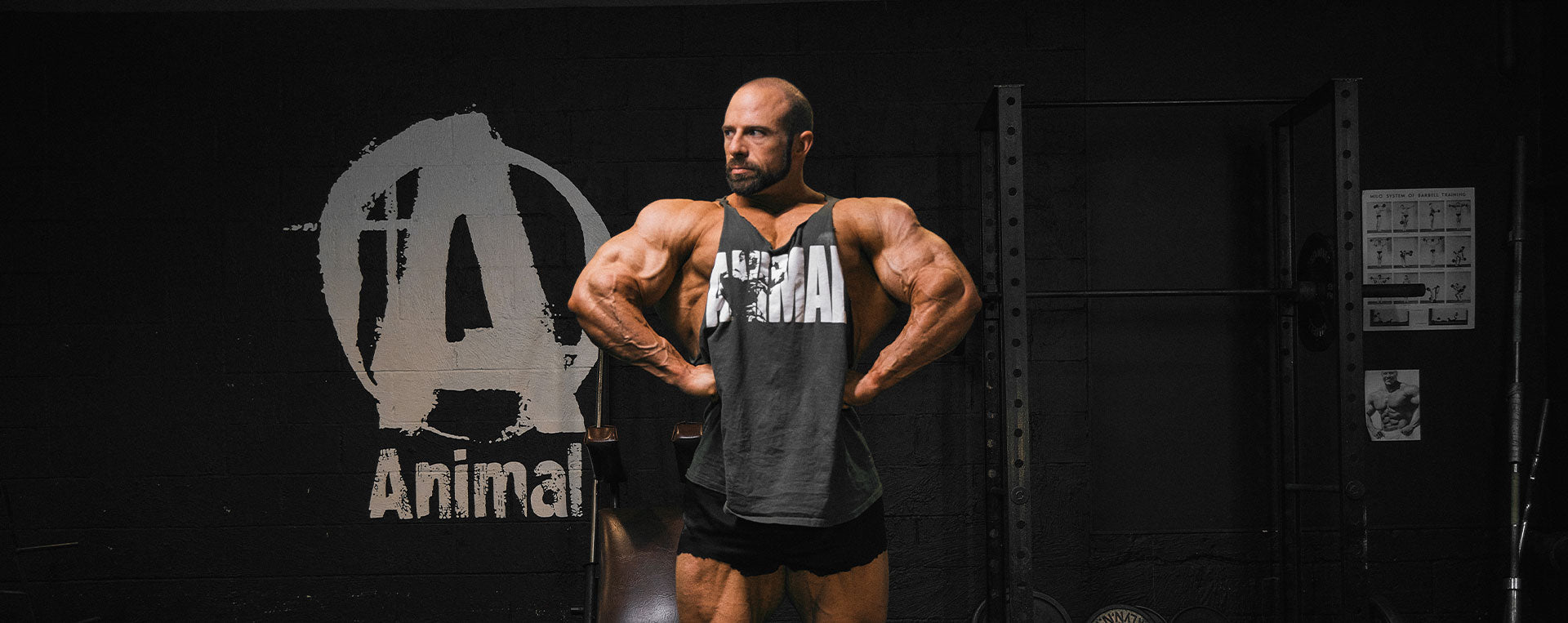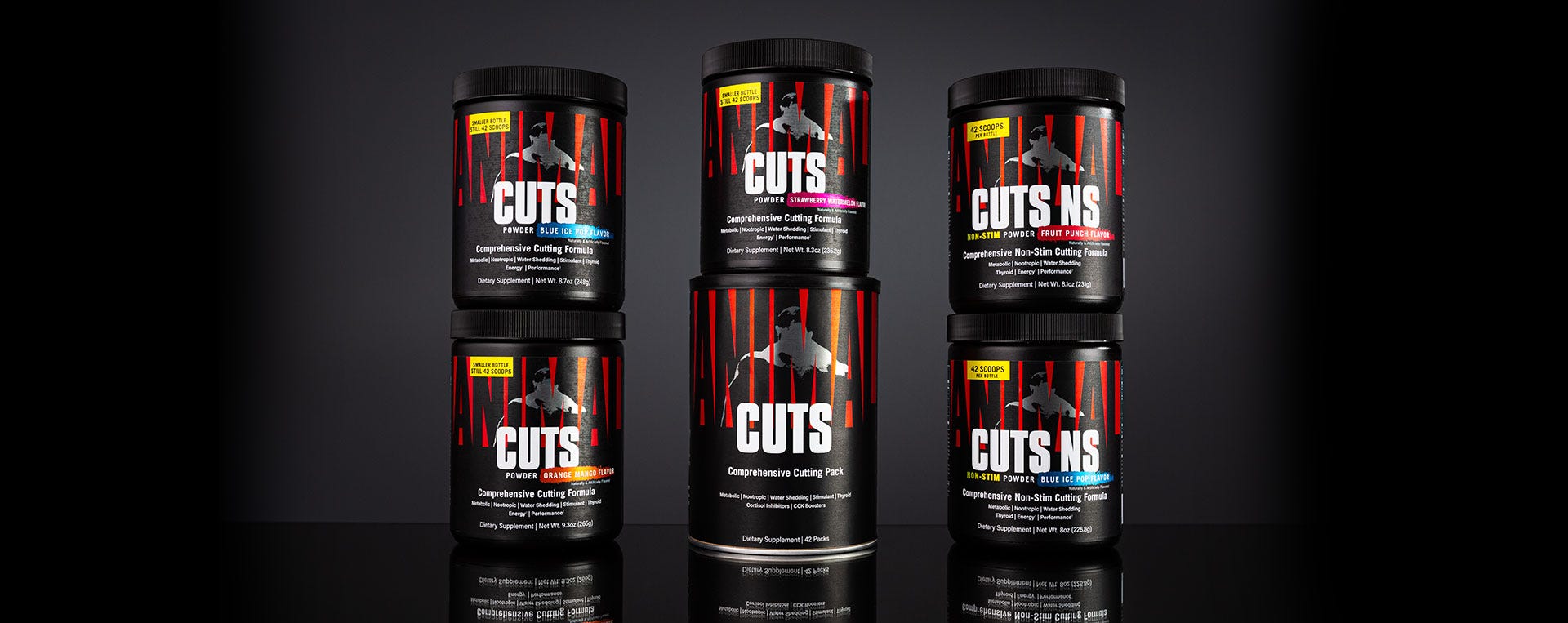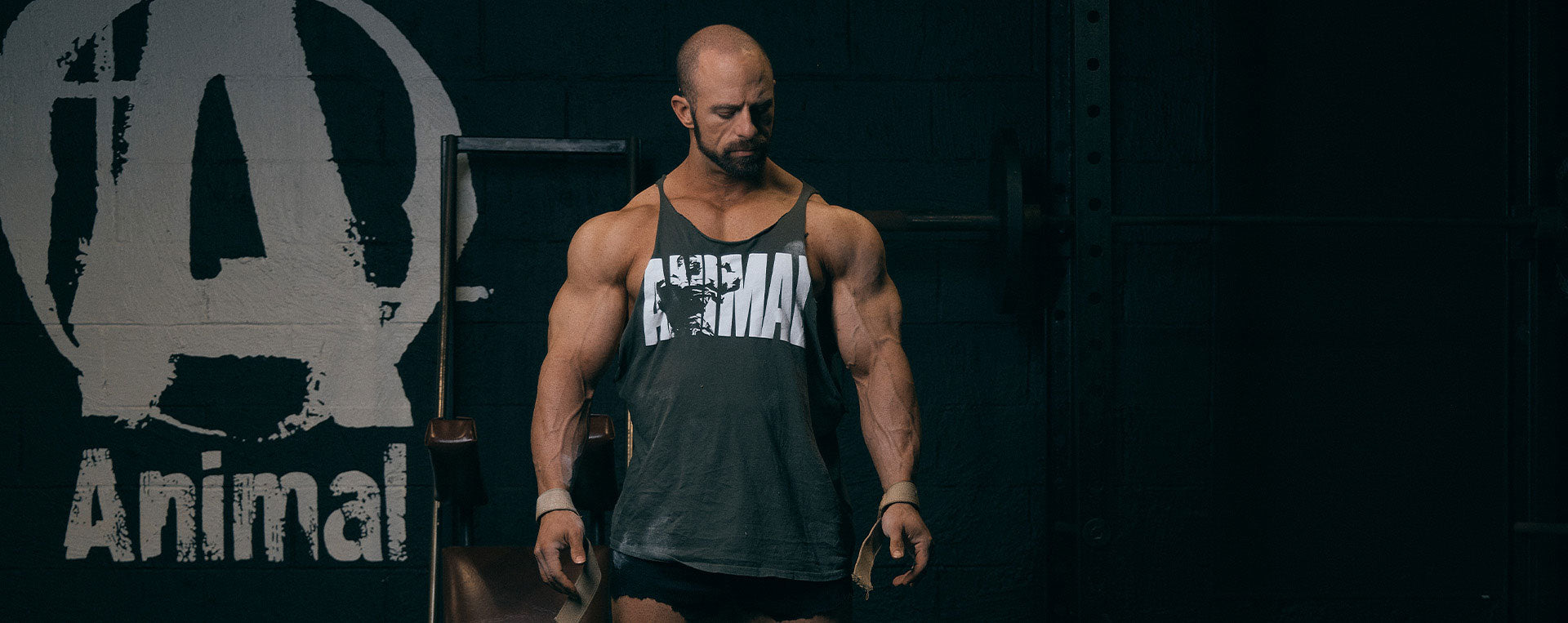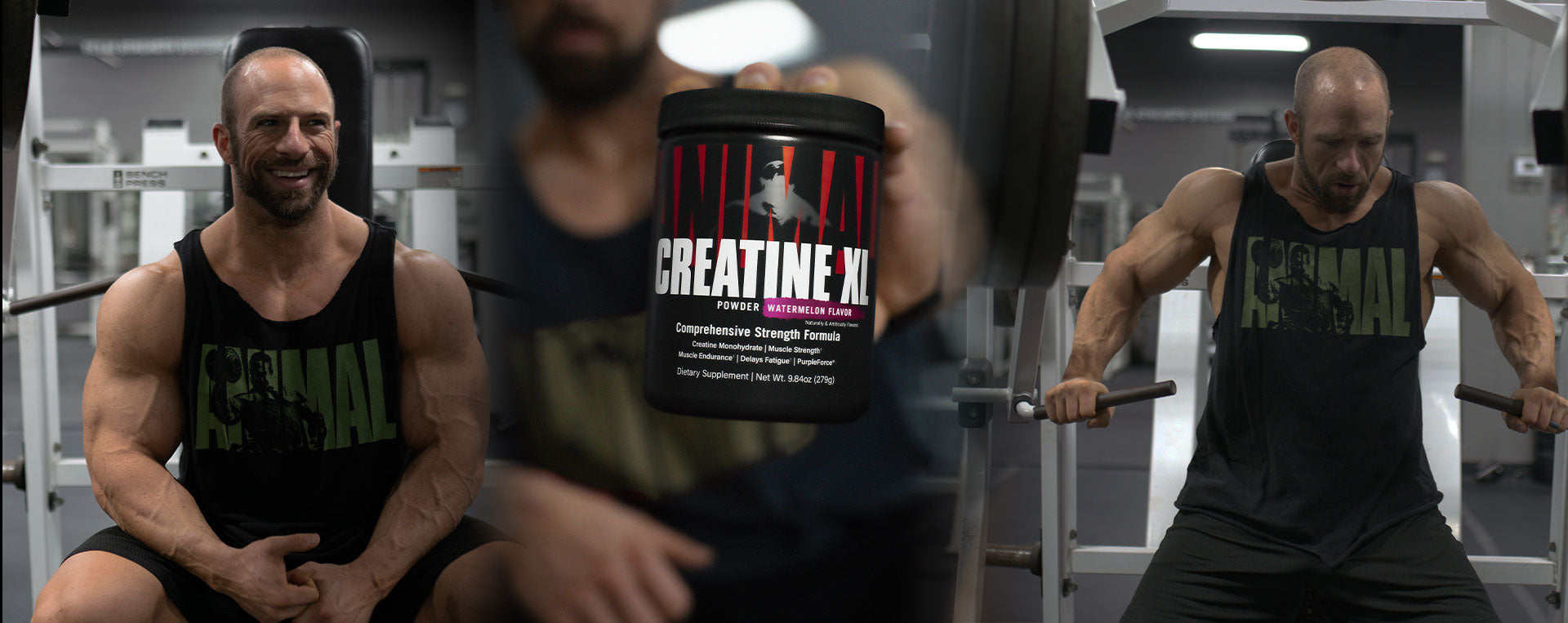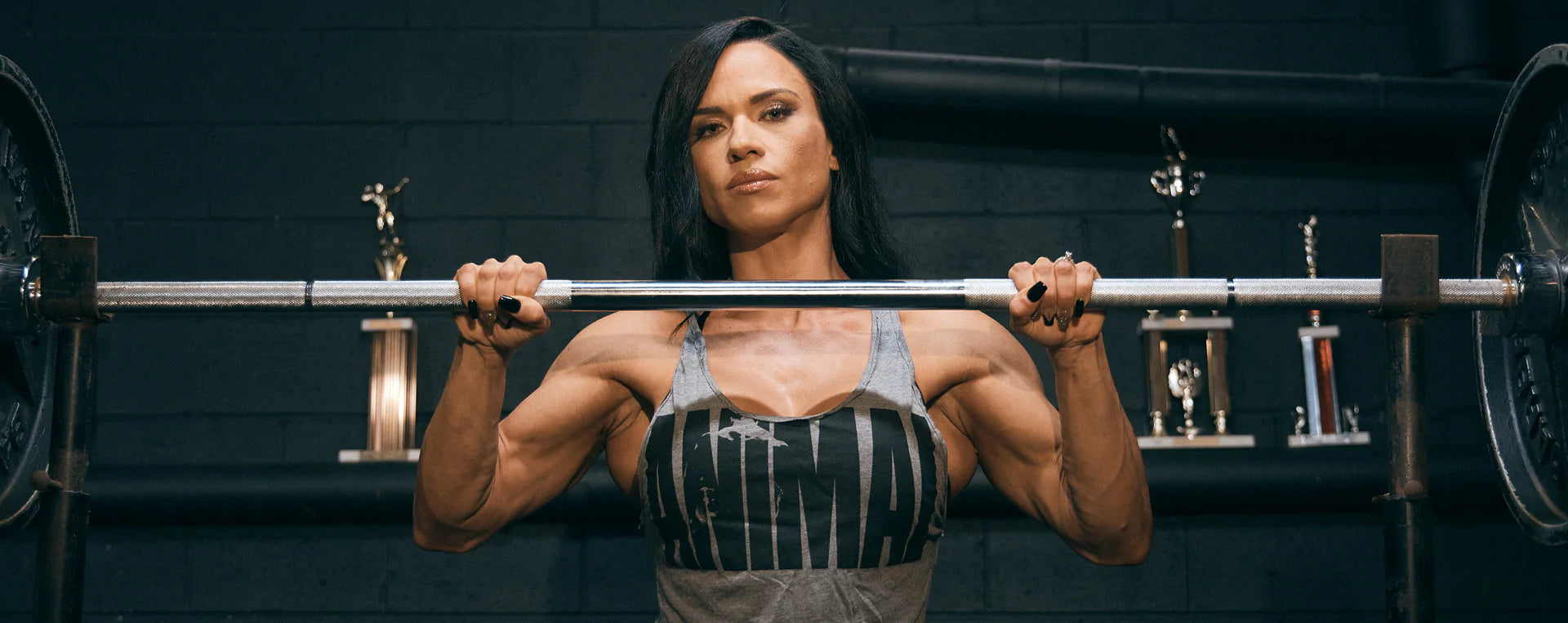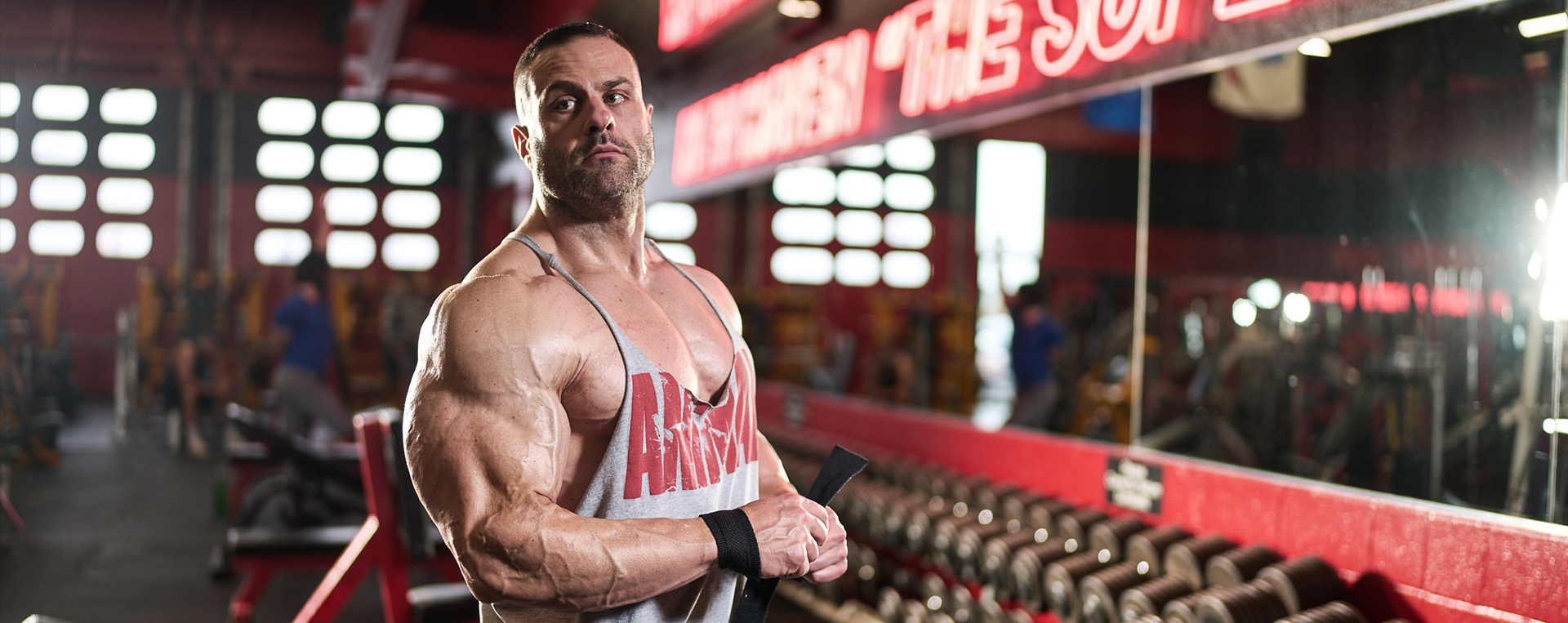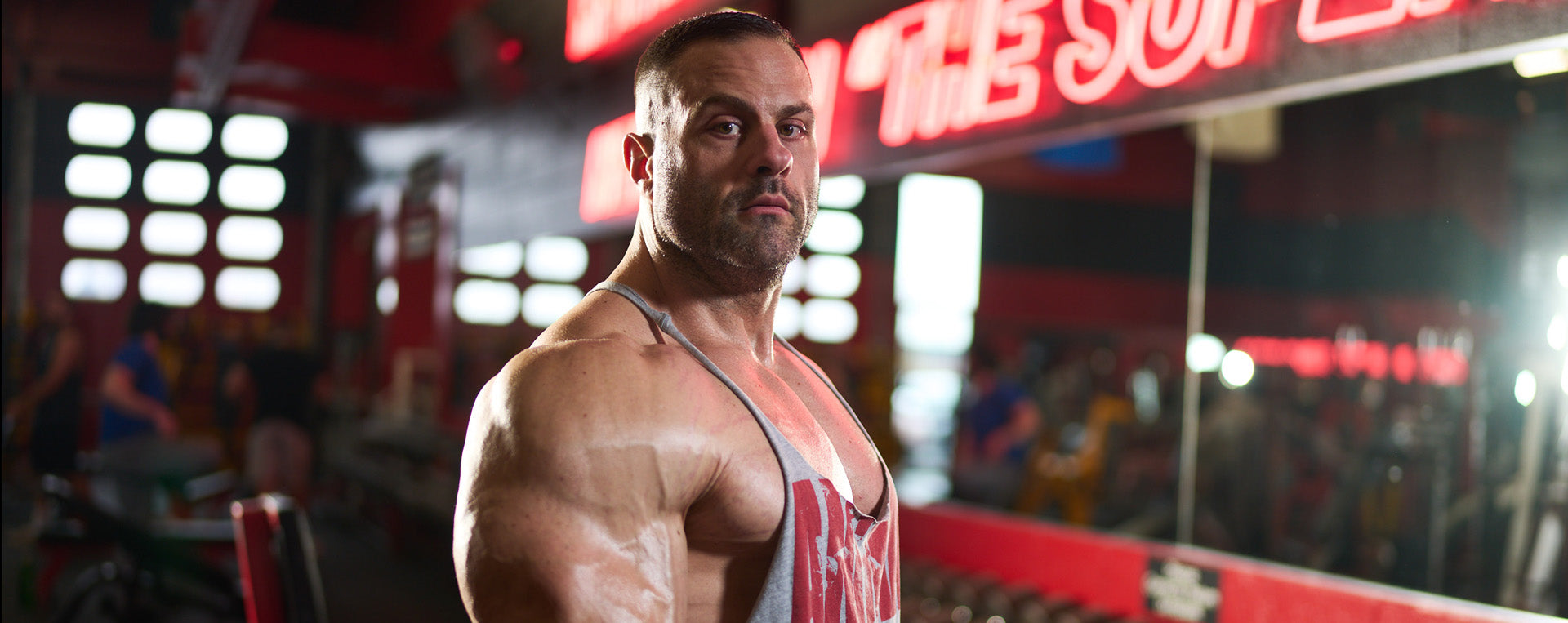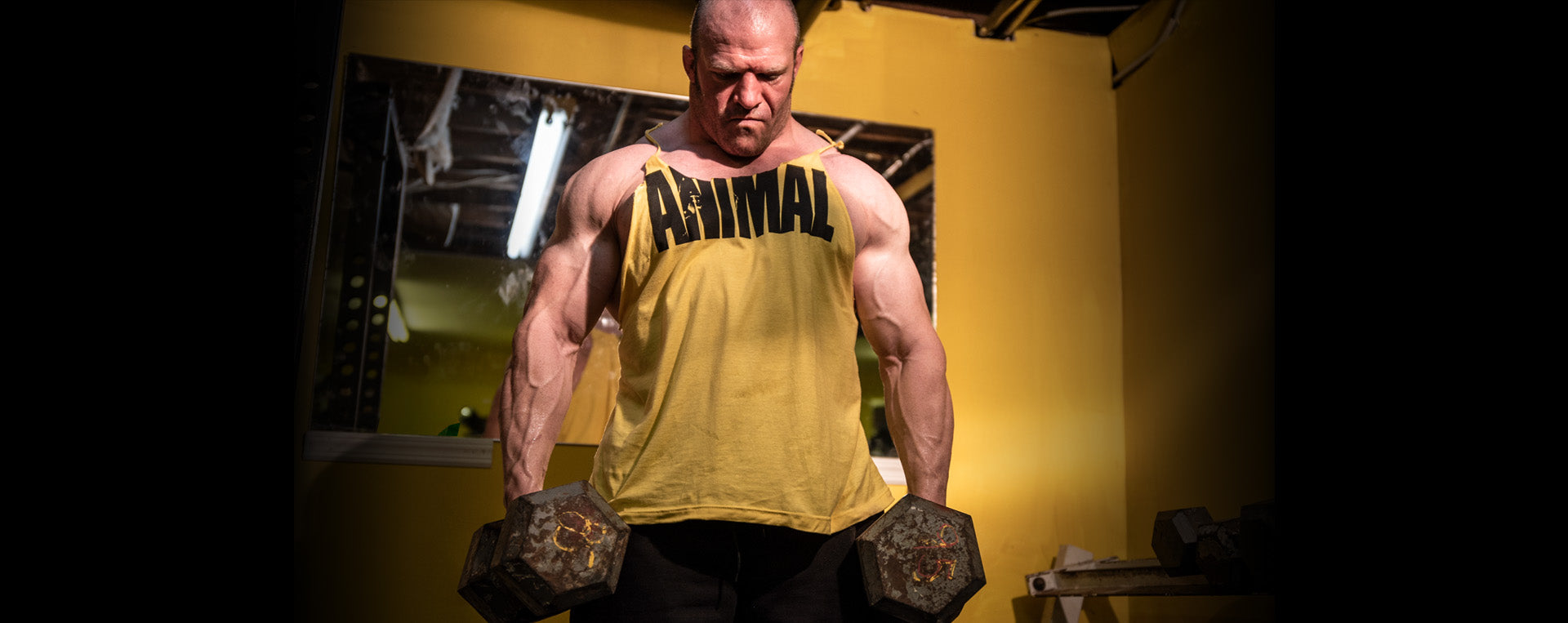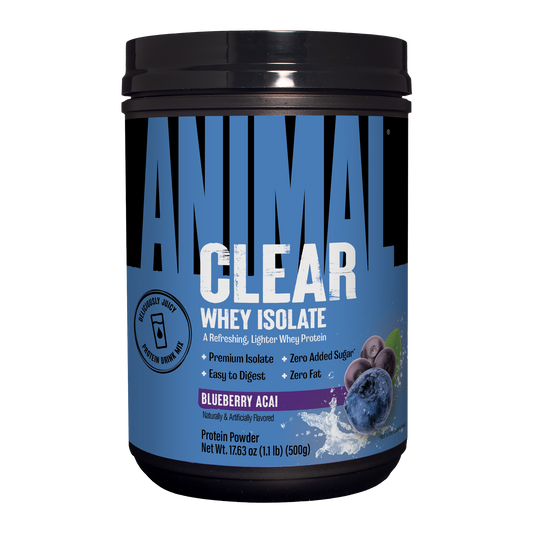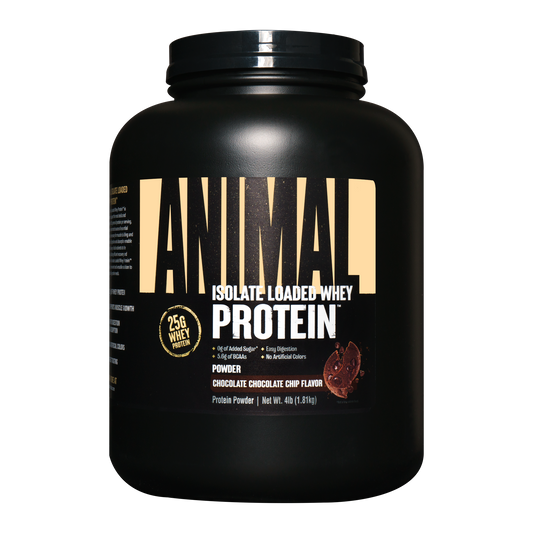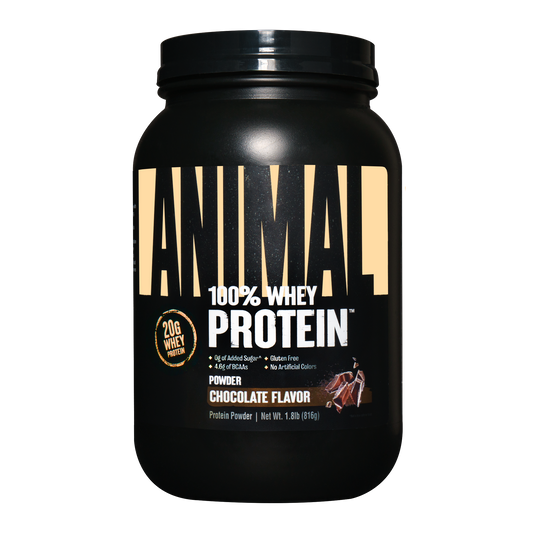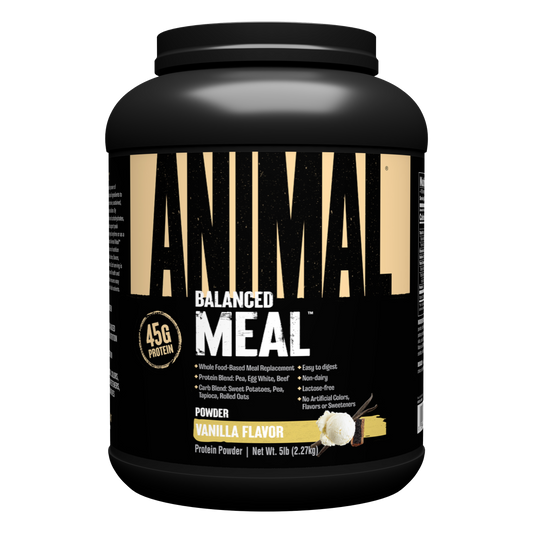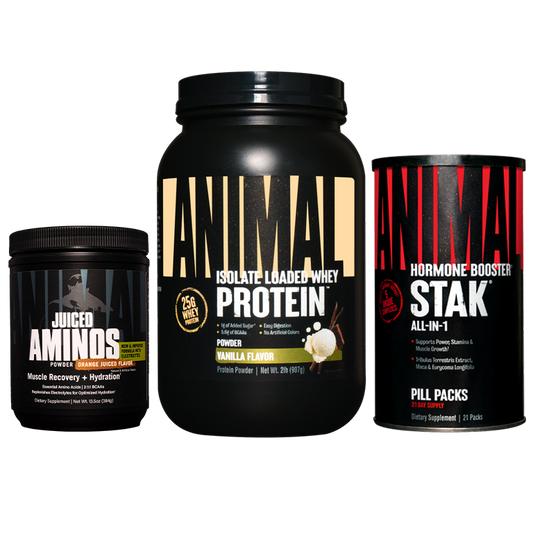In the past, fat has gotten a pretty bad rap. Its name hasn't done it any favors either, as what you eat is synonymous with what your body holds: “fat makes you fat.” Many people probably imagine that swallowing grams of fat somehow immediately transform into love handles. The good news is it doesn't work like that. Fat can make you fat, but so can any other macronutrient that is consumed in overabundance. So, should you avoid fat?
Let me be clear. If you are a serious athlete, you should make a conscious effort to include high quality fats in your diet. I firmly believe that fat intake is just as important as carbohydrate intake. As with protein (EAA), there are essential fats (EFA). You could live without carbohydrates because there is no such thing as an essential carbohydrate. You couldn't live without protein or fat.
Fats are important. I’m going to give you the top three benefits of proper fat intake. First, let’s talk energy. Fat is, without a doubt, the powerhouse macronutrient. While protein and carbohydrates each carry 4 calories per gram, fat carries nine. Although people often think of carbohydrates as being the body’s exclusive energy provider, the truth is that the body switches back and forth between relying on fat and carbohydrates depending on the situation.
Most bodybuilders don’t usually do anything that demand excessive carbohydrate consumption, despite an intense 90 minute training session, 5 days per week. I honestly can't see a good reason to consume a greater number of calories from carbohydrates than from fats. Perhaps the key words are “calories” and “most” bodybuilders.
Looking at both carbohydrates and fats as important sources of calories can allow the bodybuilder to be less fearful of fats, especially when you consider the fact that both high quality carbohydrate and fat sources can be nutritious. Both provide more than just macros and calories. Nuts, avocados, fatty fish, egg yolks, and avocados are all examples of fat sources that also provide other nutrients, while healthful oils such as olive oil have been proven to help reduce inflammation, promote fat loss, and support general health.
Focusing more intently on carbohydrate intake and shying away from quality fats simply doesn’t make sense to me. Not only does ingesting plenty of healthy fats promote dietary balance, it also allows for more sustained and even energy for the athlete. The athlete who consumes substantial amounts of fat will not only have more energy for intense training, but will experience steady and even energy all day long.
Energy is great, but how about size and strength? If your goal is to be as big and strong as you can possibly be, then a low fat diet is highly unlikely to get you there. Just as the body stores carbohydrates in the muscle in the form of glycogen, so does the body store triglycerides intramuscularly. Therefore, maintaining a “full” physique is only partially dependent on adequate carbohydrate intake. We can achieve maximum muscle fullness by consuming a significant amount of dietary fat, which has benefits far beyond the obvious cosmetic benefit. A full muscle is an anabolic muscle.
Study after study has shown that low fat diets kill testosterone levels. Even among enhanced athletes, low fat diets prevent them from gaining maximum size and power during a bulking phase. Not just that, low fat diets can make it more difficult for these athletes to hold onto muscle mass and strength when dieting.
So, when it comes to dieting, you should definitely eat fat to lose fat. This approach flat out works. Granted, in order for fat loss to occur there must be a negative balance of calories. If you have determined that consuming 3000 calories each day will put you 200 calories below maintenance, you have to ask yourself how you will spend those 3000 calories.
You already know you’re going to go high protein—that’s a given. Should you eat more carbs or more fats? Again, I can’t see a reason to eat more of one than the other. Too many carbs, and your body will release too much insulin. This is obviously antithetical to burning as much body fat as possible. Further, the body seems much more willing to liberate body fat when dietary consumption of fat is not overly restricted.
The bottom line is that dietary fat intake is essential to looking, feeling, and performing your absolute best. The unfair treatment that fat has received compared to its fellow macronutrients is purely a result of residual 1980s propaganda. Back then, low fat diets were heavily promoted. Unfortunately, the dietary wisdom of the 1980s only further increased the prevalence of obesity and diabetes.
Little by little, people have come to finally accept the failures of low fat diets and acknowledge the importance of fats in the diet when it comes to overall health. For athletes like me, the inclusion of adequate dietary fat is crucial for maximum muscle gain, optimal power output, and favorable body composition. Simply put, unless you are purposely trying to sabotage your bodybuilding efforts, there is no good reason to follow a low fat diet.
Let me be clear. If you are a serious athlete, you should make a conscious effort to include high quality fats in your diet. I firmly believe that fat intake is just as important as carbohydrate intake. As with protein (EAA), there are essential fats (EFA). You could live without carbohydrates because there is no such thing as an essential carbohydrate. You couldn't live without protein or fat.
Fats are important. I’m going to give you the top three benefits of proper fat intake. First, let’s talk energy. Fat is, without a doubt, the powerhouse macronutrient. While protein and carbohydrates each carry 4 calories per gram, fat carries nine. Although people often think of carbohydrates as being the body’s exclusive energy provider, the truth is that the body switches back and forth between relying on fat and carbohydrates depending on the situation.
Most bodybuilders don’t usually do anything that demand excessive carbohydrate consumption, despite an intense 90 minute training session, 5 days per week. I honestly can't see a good reason to consume a greater number of calories from carbohydrates than from fats. Perhaps the key words are “calories” and “most” bodybuilders.
Looking at both carbohydrates and fats as important sources of calories can allow the bodybuilder to be less fearful of fats, especially when you consider the fact that both high quality carbohydrate and fat sources can be nutritious. Both provide more than just macros and calories. Nuts, avocados, fatty fish, egg yolks, and avocados are all examples of fat sources that also provide other nutrients, while healthful oils such as olive oil have been proven to help reduce inflammation, promote fat loss, and support general health.
Focusing more intently on carbohydrate intake and shying away from quality fats simply doesn’t make sense to me. Not only does ingesting plenty of healthy fats promote dietary balance, it also allows for more sustained and even energy for the athlete. The athlete who consumes substantial amounts of fat will not only have more energy for intense training, but will experience steady and even energy all day long.
Energy is great, but how about size and strength? If your goal is to be as big and strong as you can possibly be, then a low fat diet is highly unlikely to get you there. Just as the body stores carbohydrates in the muscle in the form of glycogen, so does the body store triglycerides intramuscularly. Therefore, maintaining a “full” physique is only partially dependent on adequate carbohydrate intake. We can achieve maximum muscle fullness by consuming a significant amount of dietary fat, which has benefits far beyond the obvious cosmetic benefit. A full muscle is an anabolic muscle.
Study after study has shown that low fat diets kill testosterone levels. Even among enhanced athletes, low fat diets prevent them from gaining maximum size and power during a bulking phase. Not just that, low fat diets can make it more difficult for these athletes to hold onto muscle mass and strength when dieting.
So, when it comes to dieting, you should definitely eat fat to lose fat. This approach flat out works. Granted, in order for fat loss to occur there must be a negative balance of calories. If you have determined that consuming 3000 calories each day will put you 200 calories below maintenance, you have to ask yourself how you will spend those 3000 calories.
You already know you’re going to go high protein—that’s a given. Should you eat more carbs or more fats? Again, I can’t see a reason to eat more of one than the other. Too many carbs, and your body will release too much insulin. This is obviously antithetical to burning as much body fat as possible. Further, the body seems much more willing to liberate body fat when dietary consumption of fat is not overly restricted.
The bottom line is that dietary fat intake is essential to looking, feeling, and performing your absolute best. The unfair treatment that fat has received compared to its fellow macronutrients is purely a result of residual 1980s propaganda. Back then, low fat diets were heavily promoted. Unfortunately, the dietary wisdom of the 1980s only further increased the prevalence of obesity and diabetes.
Little by little, people have come to finally accept the failures of low fat diets and acknowledge the importance of fats in the diet when it comes to overall health. For athletes like me, the inclusion of adequate dietary fat is crucial for maximum muscle gain, optimal power output, and favorable body composition. Simply put, unless you are purposely trying to sabotage your bodybuilding efforts, there is no good reason to follow a low fat diet.








